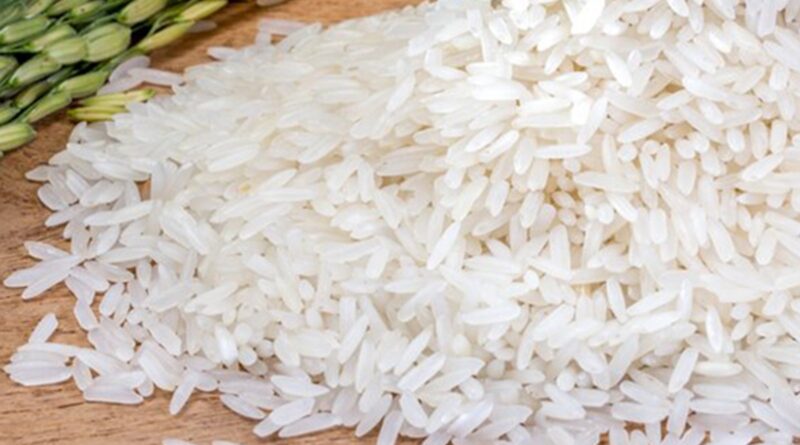Rice exporters may have a windfall as Bangladesh floats tender
By Sandip Das
Bangladesh’s decision to float a tender for import of about 0.9 million tonne (MT) of rice on August 7 has pushed up the prices of non-basmati rice varieties in India.
India, with over 40% share in rice exports market, is expected to get a major share of rice export order because of its price competitiveness and freight advantage.
Trade sources said Bangladesh’s move is expected to drive strong external demand for Indian low-cost rice varieties including Swarna, Miniket, and Sona Masoori.
Indian prices rise amid strong export prospects
“This move has already begun to reflect in the Indian domestic market, where consumer prices of these varieties have seen an increase of 8–10% in recent weeks.,” Suraj Agarwal, CEO, Villa Group, a major exporter of rice to Bangladesh told FE.
Rice processors said that prices of non-basmati rice varieties largely consumed in Bangladesh, have risen by 7% to 13% in the last couple of weeks to Rs 32/kg (Swarna) to Rs 45/kg (Mimiket an Sona Masoori) .
“With a robust production prospects and freight advantage, India will be in a position to supply a chunk of the rice to be imported by Bangladesh,” V Krishna Rao, president, rice exporters’ association, said.
Bangladesh’s demand
Exporters said 0.4 MT of rice would be imported by the Bangladesh government agencies, while private importers will be allowed 0.5 MT. After floating of tenders next month, the exporters would be allowed to supply grain by next six weeks.
Major rice varieties especially Miniket and Sona Masoori sourced from West Bengal, Jharkhand, Andhra Pradesh, Odisha and Bihar are likely to be shipped to Bangladesh.
Trade sources said while Bangladesh usually begins rice imports after August, concerns over excessive rainfall in July and August—which may damage the standing crops which is currently being sown—have prompted this early initiative.
According to media reports, Bangladesh had imported 1.3 million tonne (MT) of rice in FY25, its second highest volume ever after the 0.97 MT imported in FY18, according to the food ministry.
In FY25, India exported 0.8 MT of rice to Bangladesh, which was 5.5% of the country’s total non-basmati rice exports of 14.13 MT. In FY 22, India exported 1.62 MT of rice to Bangladesh, which was 10% of the country’s non-basmati rice shipment.
Trade sources said while usually begins rice imports after August, concerns over excessive rainfall in July and August—which may damage the standing crops which is currently being sown—have prompted this early initiative.
Bangladesh is a major global rice producer with projected rice production of 37.55 MT in the 2025-26 marketing year is seeking to create enough stock to ensure supplies if the crop is hit by excessive rains.
This article has been republished from The Financial Express.

